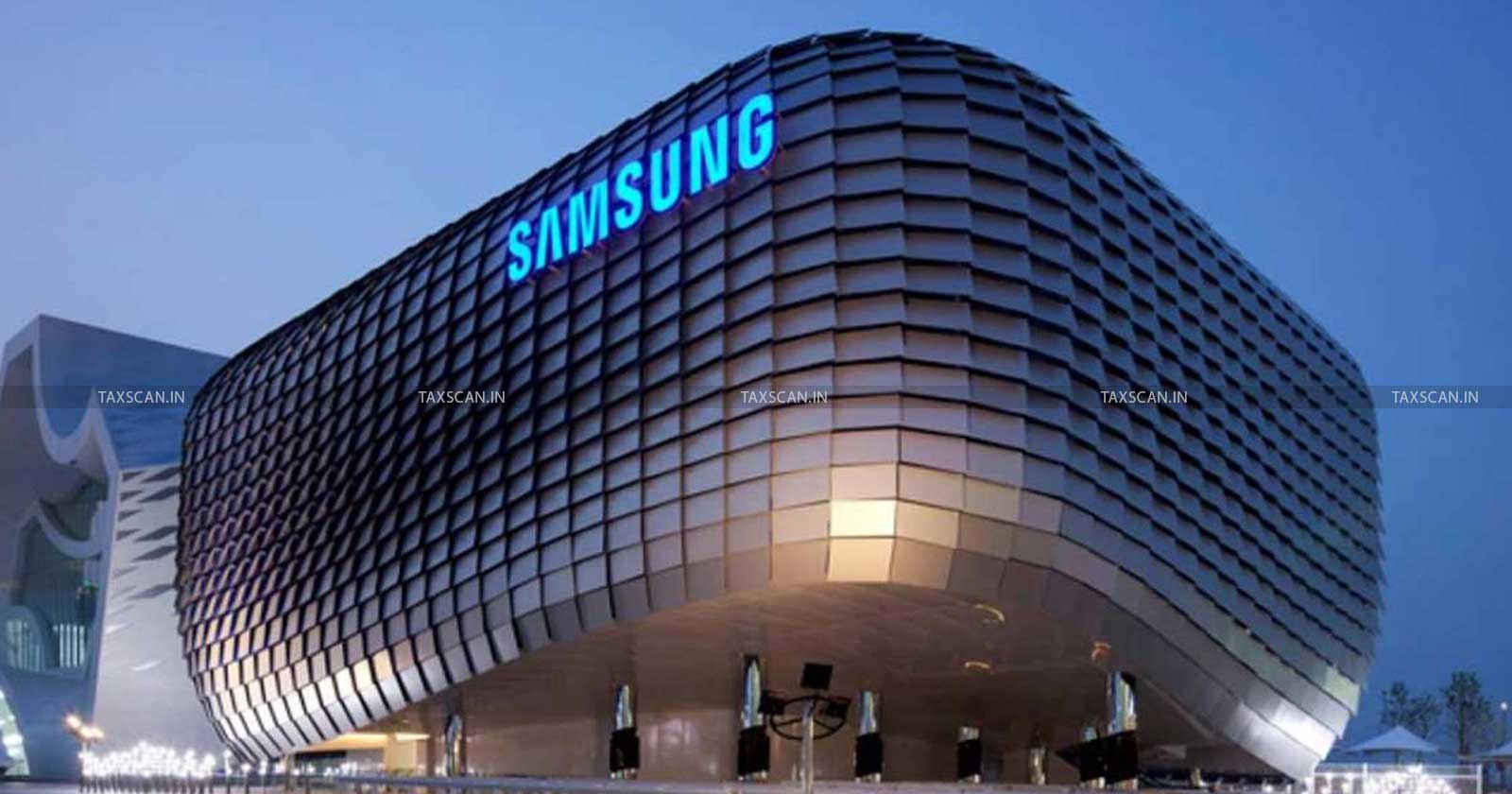Relief to Samsung India: Delhi HC dismisses Appeal against Transfer Pricing Adjustments of Rs. 1.99 Cr for Payment of Royalty [Read Order]
The bench stated that there was no evidence that STI’s sales to its AEs were aimed at shifting profits across jurisdictions

Relief to Samsung India – Delhi HC – Appeal – Transfer Pricing Adjustments – Payment of Royalty – taxscan
Relief to Samsung India – Delhi HC – Appeal – Transfer Pricing Adjustments – Payment of Royalty – taxscan
The Delhi High Court has dismissed the income tax appeal challenging transfer pricing adjustments amounting to Rs. 1.99 crore made by the Tax Authorities on Samsung India's royalty payments to its parent company, Samsung Korea.
Samsung Telecommunications India Pvt. Ltd. ( STI ) is a wholly owned subsidiary of Samsung Korea. During the assessment year 2008-09, STI was involved in the manufacturing and sale of mobile handsets in India. The authorities alleged that STI was functioning as a contract manufacturer for Samsung Korea and made royalty payments “to itself”, considering the entire transaction as a profit-shifting mechanism.
STI contested the adjustments made by the Transfer Pricing Officer ( TPO ) and upheld it by the Dispute Resolution Panel (DRP). The case revolved around whether SIT’s payments to its associated enterprises (AEs) for royalty were at arm's length and in compliance with transfer pricing regulations.
The appellant, represented by Sanjay Kumar and Easha Kadian, argued that STI was functioning as a contract manufacturer and that the royalty payments made to Samsung Korea were essentially payments made to itself, thus constituting a profit-shifting mechanism. They highlighted that higher prices were charged to independent entities compared to associated enterprises, suggesting an attempt to manipulate profits across jurisdictions.
Himanshu Sinha, representing the assessee, contended that the manufacturing decisions were made independently by STI and not under the directives of Samsung Korea. They asserted that the royalty payments were legitimate and necessary for using the technology of Samsung Korea. Additionally, they emphasised that the sales to associated enterprises (AEs) were made at arm's length and under open market conditions.
The court found no evidence that STI was functioning as a contract manufacturer for Samsung Korea. It highlighted that STI did not receive extensive instructions on production quantity, quality, or other specifics that would classify it as a contract manufacturer under the OECD Guidelines of 1995 and 2022.
The bench of Justices Yashwant Varma and Purushaindra Kumar Kaurav observed that there was no material placed on the record to show that the manufacture and sale of the aforenoted goods by STI was dependent on directives issued by Samsung Korea or even that STI was contractually obliged to manufacture goods on behalf of Samsung Korea.
The bench emphasised that Samsung Korea, as the owner of the technological know-how necessary for manufacturing Samsung-branded mobile handsets, was entitled to receive an arm's length return on its intangibles. The royalty payments made by STI were justified as these payments were necessary for acquiring the technology.
“There has been no material adduced on the record to demonstrate that STI receives 'any extensive instructions about what to produce, in what quantity and of what quality' or that it is performing any 'low risk service' for Samsung Korea or any of the AEs," the court noted.
The High Court dismissed the profit-shifting allegations, stating there was no evidence that STI’s sales to its AEs were aimed at shifting profits across jurisdictions. It was noted that the sales were driven by open market conditions and independent negotiations.
To Read the full text of the Order CLICK HERE
Support our journalism by subscribing to Taxscan premium. Follow us on Telegram for quick updates


